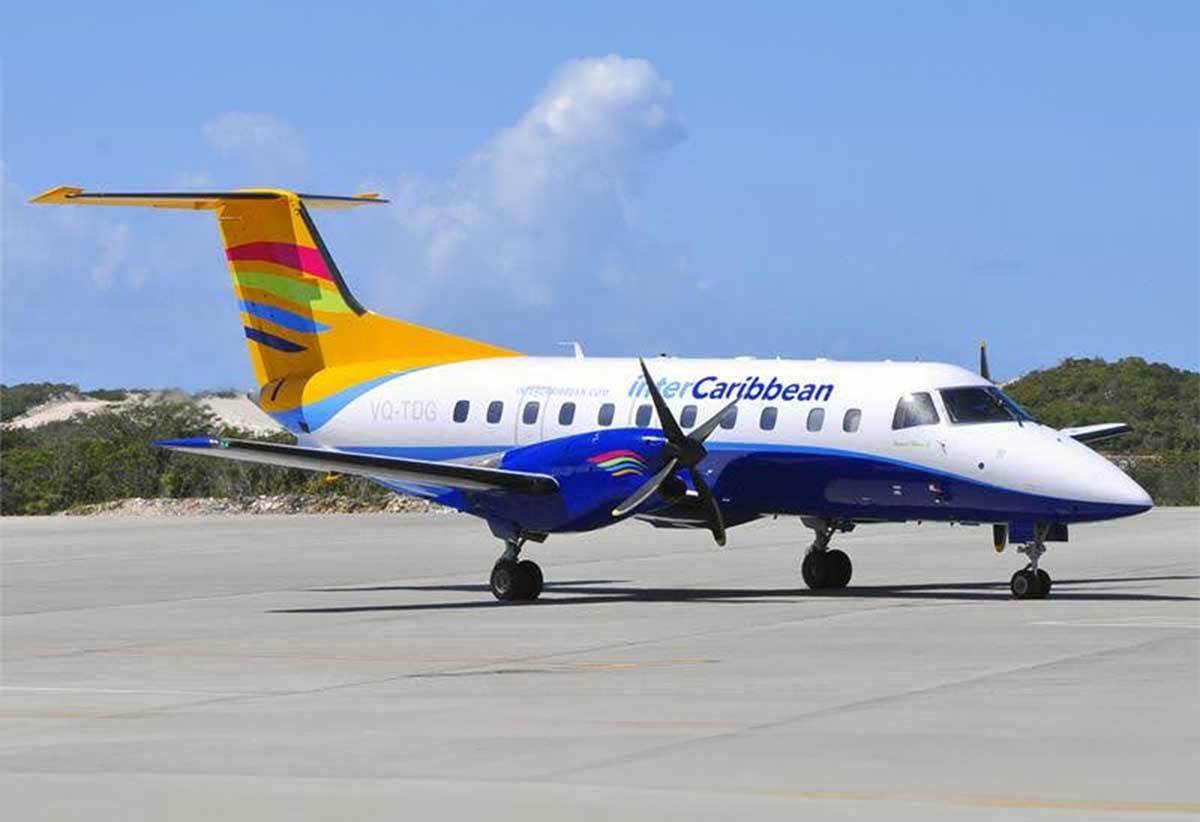
Tourism Minister Dr. Ernest Hilaire recently highlighted the pressing issue of high taxes impacting regional travel.
Dr. Hilaire has passionately emphasized the urgent need to address the soaring airfares and flight challenges across the region. He has strongly proposed a reduction in taxes as a pivotal solution to alleviate the situation and make regional travel more accessible, as well as the challenges related to airlift capacity.
Dr. Hilaire also underlined the immense significance of analyzing the detrimental impact of high taxes on travel and its adverse effects on economic activity. This is an urgent and vital issue that demands immediate attention and decisive action from the relevant authorities, he said.
Dr. Hilaire stated that while Inter Caribbean continues to do a “fantastic job,” the region continues to struggle to overcome airlift challenges; Inter Caribbean Airways is also making inroads with their flight schedule to various regional territories.
“It is challenging to have a regional service which is why we need to have both a public sector and public- private sector solution to make sure that we cover all options available,” he told reporters at a recent media briefing.
The tourism minister said the regional authorities are optimistic about LIAT 20’s return. He adds that included in this year’s Financial Estimates of Expenditure, Prime Minister Philip J Pierre allocated about $1 million “to support any regional initiative we feel that can help promote Inter Caribbean’s inter-regional travel.”
While tourism officials hail prospective additional airlift from key source markets and with particular focus on the operations of American Airlines and Jet Blue who have expanded their services, the territories continue to grapple with inter-regional flight issues.
Dr. Hilaire notes that the government “has a vested interest in it (regional travel) and a deep interest in making sure that it works out.”
The tourism minister fervently advocates for enabling regional travellers to navigate ‘hassle-free’ to enhance growth in regional markets.
With the region’s tourism ministers scheduled to meet next week, a priority issue is: “What can we do to reduce the cost of travel?” And it all redounds to the exorbitant taxes that regional travellers have to pay to navigate across the region.
“The taxes are quite high,” he added. “Whether or not we can look at the numbers to do some ‘modelling’ and to see whether we can reduce the level of the taxes and make a proposal to the Ministers of Finance to reduce the level of taxes in the hope that we will have more people travelling…”
Dr Hilaire added: “The numbers are not growing fast enough, partly because of not just the costs but the availability of seats. So we will continue to work on that.”
With a high influx of activities taking place across the region featuring entertainment and sports events, what are the prospects of presenting a ‘travel package’ deal to regional travellers to defray the exorbitant air travel prices? And what role can the ferry services play in providing optional travel measures for regional travellers?
Citing the cost structure that currently exists in the regional travel industry, he said the proposal of “package tours” is not a feasible option for the airline operators at this time.
“If government taxes are more than half of the costs …(for) a private person or an airline how much of the a ‘discounted package’ can you give when the greater part of the fare is not even your fare,” the minister declared.
“So we need to discuss government taxes, as the government has taxes in place, because that’s the revenue stream for them to pay for the new airport terminals upgrades and the new airports,” he explained.
In light of the situation, Dr Hilaire asserted: “We have to put up an argument that says, if people are coming into your country because now it’s cheaper …and there is greater economic activity arising from the visitation of those persons.
“We need to look at it and analyze the different aspects…and it is because of those high taxes (that) it is a detriment to travel.”
Dr Hilaire notes that the ferry service has its challenges, though there are plans to expand the route to the south of Saint Lucia.
Also, he said, a lot of people do not want to travel by sea, and one of the reasons is because of the amount of time it takes moving across the channel from one territory to another.
For instance, whereas sea travel may range from five to seven hours, air travel can be completed in a minimum of 45 minutes between specific islands. However, he notes that the ferry service between Saint and the French Isles “has worked well”, and so, “a culture has developed of using the ferry between those islands.”













